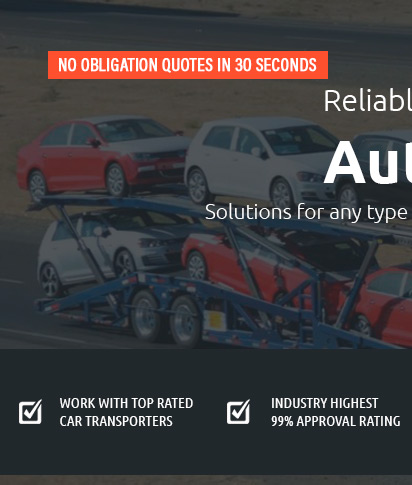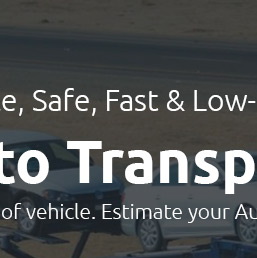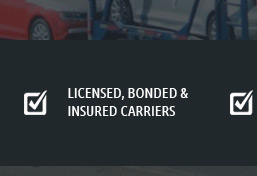 |
|
||||
 |
 |
 |
 |
||
 |
 |
|||||
 |
 |
 |
 |
 |
 |
 |
||
 |
 |
 |
 |
 |
 |
 |
 |
 |
 |
 |
|
 |
Exploring Vehicle Transportation Services in the USAVehicle transportation services have become an essential component of the vast and complex network of logistics in the United States. With a sprawling landscape that stretches from coast to coast, and a diverse array of terrains and urban environments, the need for reliable and efficient vehicle transportation is paramount. The industry caters to a myriad of customers, ranging from individuals relocating across states to businesses requiring fleet transfers. Companies operating in this sector offer an array of services tailored to meet the specific needs of their clientele. Open transport is the most common method, where vehicles are transported on an open-air trailer, typically accommodating multiple cars at once. This method is not only cost-effective but also widely available. However, for those seeking additional protection, enclosed transport offers a more secure alternative, shielding vehicles from the elements and potential road debris, albeit at a higher price point. The logistics involved in vehicle transportation are intricate, demanding careful planning and coordination. Factors such as route optimization, fuel costs, and regulatory compliance play significant roles in ensuring timely and safe deliveries. Companies often invest heavily in technology, utilizing sophisticated tracking systems to provide real-time updates to their clients, thereby enhancing transparency and trust. Customer service is a pivotal aspect, as it directly influences client satisfaction and retention. Many companies pride themselves on offering personalized services, with dedicated representatives guiding customers through the entire process, from booking to delivery. In recent years, the industry has witnessed a surge in demand driven by several factors. The rise of online car sales platforms has made it easier for consumers to purchase vehicles from different parts of the country, necessitating reliable transportation solutions. Furthermore, the growing popularity of car auctions and the increasing frequency of job-related relocations have also contributed to the industry's expansion. Environmental considerations are gradually shaping the landscape, with some companies exploring more sustainable practices, such as using eco-friendly carriers and optimizing routes to reduce carbon footprints.
Despite the numerous advantages, challenges persist. The industry is highly competitive, with companies vying for market share by offering lower prices and faster services. Additionally, external factors such as fluctuating fuel prices and regulatory changes can impact operational costs and logistics planning. Nonetheless, vehicle transportation services in the USA continue to thrive, adapting to evolving demands and technological advancements. As the market grows, it remains an exciting and dynamic field, integral to the country's transportation infrastructure. https://www.shiply.com/us/car-shipping?srsltid=AfmBOoqo5glgFIE5FPp3OAz-BuTM_vflHTbsH2p-TXI-yljQ7gAyZSSx
Car shipping prices can vary drastically depending on the circumstances, but on average a journey should cost you around $2.92 per mile if the journey is less ... https://ntslogistics.com/services/auto-transport/
Auto transport is very convenient. It's reliable and saves time. This allows you to move any car be it ... https://www.ibisworld.com/united-states/industry/vehicle-shipping-services/5008/
There are 7,858 businesses in the Vehicle Shipping Services in the US industry in United States, which has grown at a CAGR of 8.7 % between 2019 and 2024.
|
